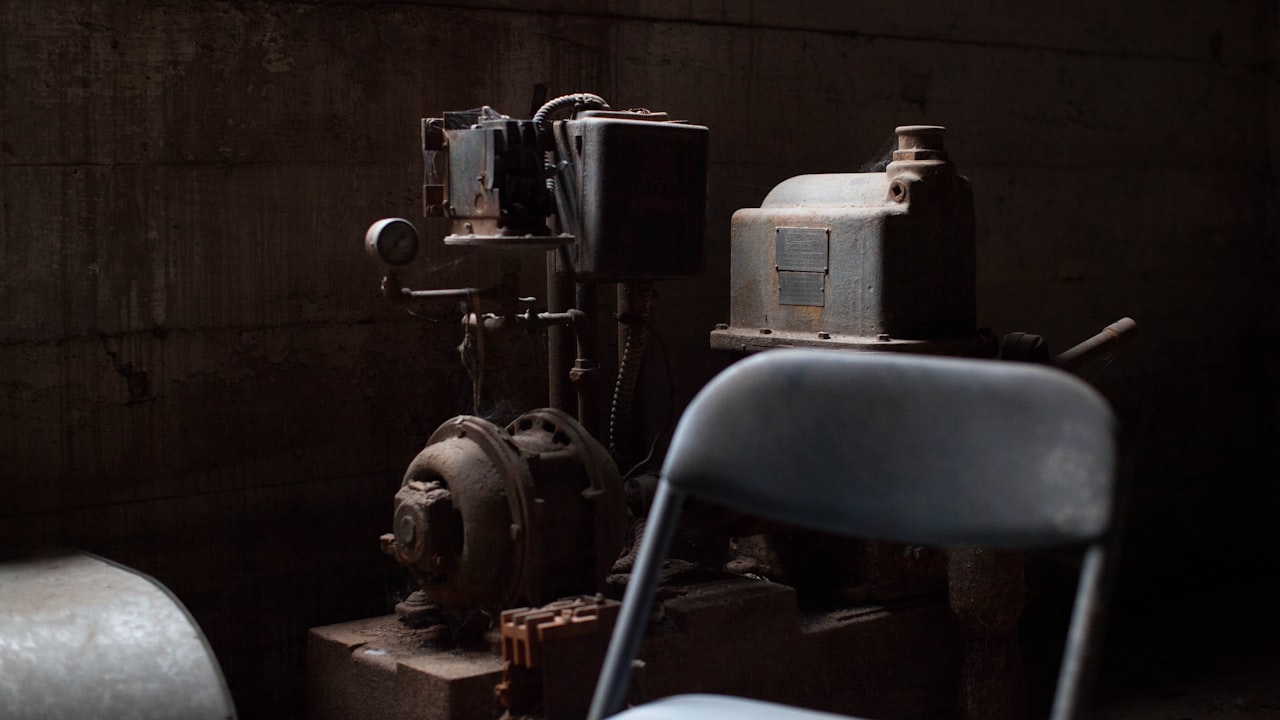A standby generator is important to your home’s emergency preparedness plan. A portable generator is not enough when you need to power your whole house. It will only provide electricity for a few outlets and small appliances. If you want the peace of mind that comes with knowing your family will have power during an outage, then a standby generator is for you! Here are answers to some common questions about standby generators that homeowners ask before buying one:
How can a generator power my entire house?
How does a generator power your entire house? Generators can produce enough electricity to power your home's needs because they can produce a lot of energy. For a generator to produce such large quantities, it must be able to run continuously without being turned off every time you need something from the outside world. This is where inverters come in: they convert DC (direct current) into AC (alternating current). This allows you to power things like lights and appliances in your home without having them shut down whenever you open a window or use the microwave oven.
How is an automatic standby generator different than a portable emergency generator?
Automatic standby generators are different than portable emergency generators in that they run on natural gas, while the latter runs on gasoline. Automatic standby generators are used for extended power outages, whereas portable emergency generators are used for short power outages.
Can I install a generator myself?
The short answer is no; most people should not attempt to install a generator themselves. This can be a dangerous undertaking, and it is important to have an expert who understands how the generator works and where it needs to be placed.
However, there are some things you can do before you hire a professional installer:
When the power goes out, the generator 10kw will automatically turn on and power your home. It can also power essential appliances such as refrigerators, freezers, and well pumps. If you’re away from home when this happens, we recommend setting a timer for your house so that it doesn't run all night (you wouldn't want to waste fuel).
What do I need to do to prepare my home for the installation of the unit?
The first thing you should do is have a 20-amp dedicated circuit breaker installed in your home. This will save you time and money and make the installation process much easier for the electrician. You'll also need to have a dedicated circuit breaker box installed in your home. You will want an electrician to handle this part of the process for you, so have them come out and do it before everything else begins!
Once those steps are taken care of, then all that's left for you to do is wait until your new generator has been delivered and installed by a professional contractor who specializes in such things (like me).
Do I need to start my standby generator manually? Or will it automatically turn on during an outage?
You will need to start your standby generator manually. During an outage, the generator will automatically turn on. You can use a remote control to start and stop the generator.
What is the difference between LP and natural gas as fuel sources for my standby generator?
There is a lot of confusion over what exactly LP and natural gas are. The two terms are often interchangeable, but they are not the same. LP stands for “liquid propane” or “liquefied petroleum gas,” while natural gas is an actual fossil fuel that comes from the ground through pipes buried in the earth. It can also be called methane or biogas if it's produced by decaying organic matter.
Both fuels have similar BTU values (British Thermal Units), which measure how much energy they produce per pound or cubic foot of material burned: Natural gas has about 45% higher BTUs than liquid propane! However, when you consider that storing liquid propane requires less space than storing natural gas—and that it's cheaper to buy too—it becomes clear why many people choose this option instead of going with something more efficient like electricity or solar power.
How long will my standby generator run when there’s an outage in my area?
The answer to this question depends on the size of your generator, how much fuel you have in it, and how long the outage lasts. If you are lucky enough to live in an area where power outages are rare, then a smaller generator like this one can run for many years without ever being refueled. Even if you do only have a small amount of fuel available, it will last quite a while because this generator is so efficient when it comes to using that fuel. If you do want to be prepared for longer power outages or other emergency situations, then having more fuel stored with your electric start portable generator is essential so that they can continue running while others are waiting for repairs or re-powering efforts.
What will happen if I lose natural gas during an outage but still want to use my generator for electricity?
If you lose natural gas during an outage but still want to use your generator for electricity, you will need to use propane or diesel fuel instead. This can be stored in a tank on the back of the generator and refilled as needed.
Conclusion
Are you still unsure of how a generator can help you? Well, we highly recommend that you call us at 800-969-5570. Our team will be happy to answer any questions or concerns that you might have and discuss the best options for your home.


